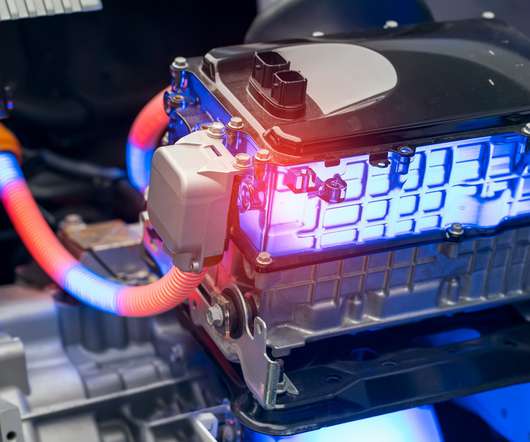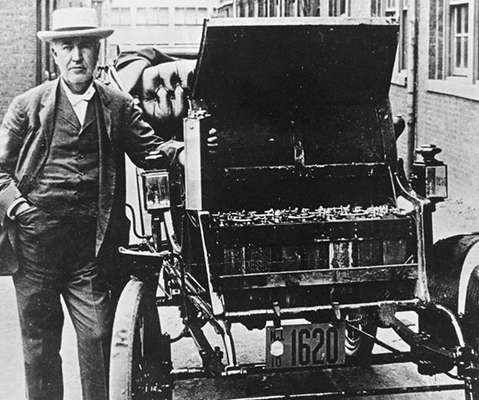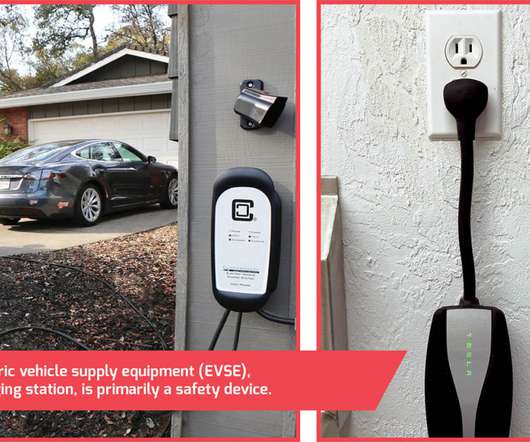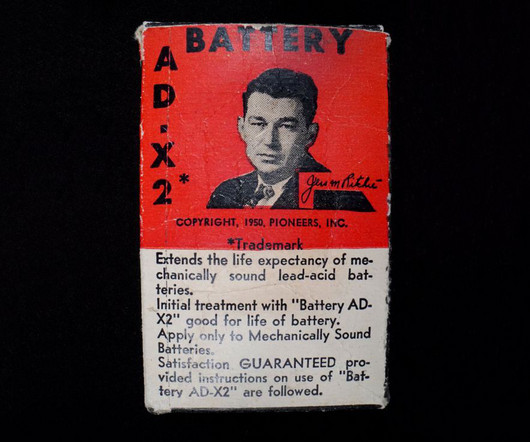JERA and Toyota deploy first large capacity Sweep Energy Storage System with second-life batteries
Green Car Congress
OCTOBER 28, 2022
The system was built using batteries reclaimed from electrified vehicles (HEV, PHEV, BEV, FCEV) and is connected to the consumer electrical power grid. JERA and Toyota began discussions in 2018 to establish battery reuse technologies, which eventually led to this large-capacity, grid-connected Sweep Energy Storage System.
























Let's personalize your content